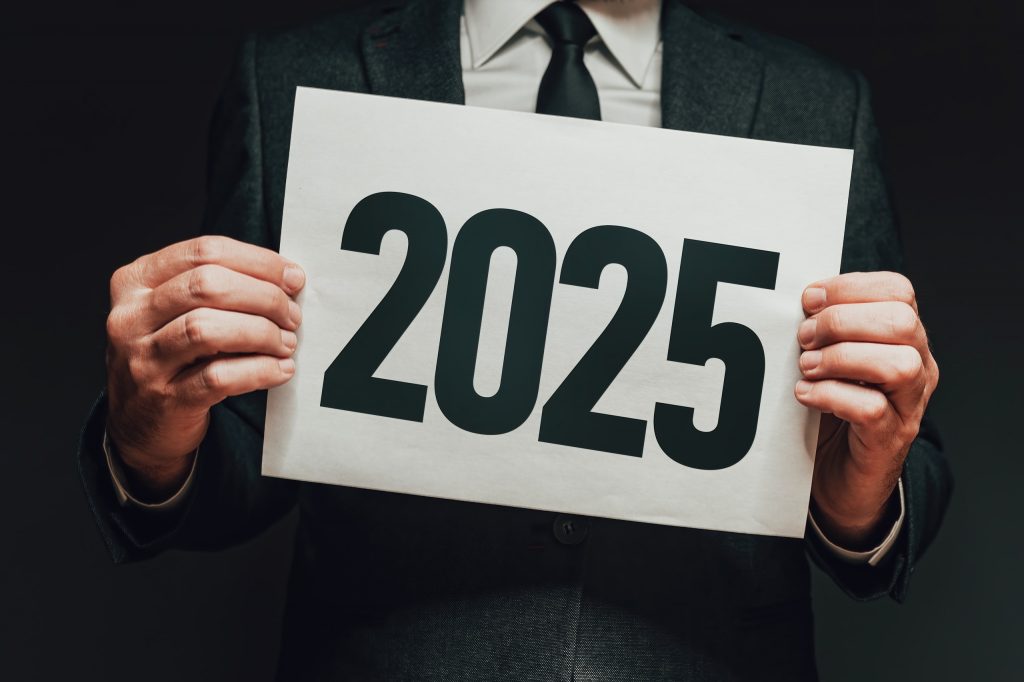Changing consumer tastes and requirements drives the landscape of consumer packaged goods (CPG) to be fast changing. The pandemic has led brand loyalty to wane; many consumers increasingly give value, quality, and trust high importance above well-known brands. Particularly among Gen Z and Millennials who appreciate reasonably priced replacements, a large portion of consumers are choosing private brands more and more as they feel they offer either equivalent or superior quality. This inclination makes CPG firms flexible and sensitive to changing customer behavior. Companies aiming for 2025 have to reconsider their approach in addition to using the creative ideas. Modern technology, wellness-oriented goods, and data-driven insights utilized for focused marketing help businesses to more successfully incorporate people. Companies which pay attention to consumer requirements and innovate will find themselves well-positioned in a landscape more competitive where emotional connections and functional advantages are vital; stagnation is no longer an option.
Recognizing Outdated Business Models
One sector that has lost relevance is conventional retail stores trying to match the explosive growth of e-commerce. As more people choose the simplicity of online purchase, physical stores are seeing reduced foot traffic. Often using their computers or cellphones, customers increasingly choose the ease of browsing and purchasing from their homes. One element driving this transition is convenience; another is the growing desire for perfect shopping experiences. Demand for omnichannel commerce results from consumers wanting the ability to start their buying online and end it in-store or vice versa.
The hospitality business, especially in the travel and event sectors, is another area seeing the influence of shifting customer behavior. Many individuals today choose virtual events or online meetings rather than going for in-person meetings as digital communication tools and remote work become more popular. Technological developments that allow one to easily interact with others without physical presence have sped this tendency. Consequently, conventional venues and businesses serving conferences and big meetings are struggling to draw clients who are at ease using technology. The need for cost-effective and flexible behavior in socializing and business conduct is changing these sectors and pushing them to either adapt or face obsolescence.

The Rise of Trending Business Ventures
Companies focused on sustainability, tech-driven services, and customized consumer experiences are expected to bloom in 2025 unlike they have ever done. Companies that provide sustainable goods—such as ethically made materials or eco-friendly packaging—will attract attention and loyalty as consumers becoming more ecologically sensitive. Businesses that give sustainability top priority attract customers not just because it’s trendy but also since they truly want to make a positive impact. By this shift, companies may match consumer values and simultaneously reduce expenses and open doors to new markets, therefore generating a win-win situation.
Technologically speaking, businesses using creative technologies including artificial intelligence and automation will set the benchmark. These developments simplify their modifications as they boost efficiency and better customer service, therefore enabling companies to adapt with the times. Customized experiences are also quite appealing; customers enjoy when businesses recognize their tastes and provide rather specialized solutions. Combining tech-driven data with a focus on distinctive customer experiences enables businesses to build stronger relationships and increase customer satisfaction. All things considered, businesses which adopt these trends have an intriguing future as they will not only survive but also grow in a fast changing surroundings.
Adapting to the Digital Age: Leveraging Technology
Digital revolution is changing companies’ operations and generating interesting chances for development and innovation. Leading among this transition are technologies such artificial intelligence, blockchain, and automation. AI may enable companies, for example, better decision-making, operational streamlining, and consumer behavior prediction. Automation releases teams to focus on strategic and creative projects by managing boring tasks, hence increasing output and job satisfaction. Blockchain allows faster payments and increased customer confidence by offering a safe and open way of handling transactions.
Start small and expand gradually if you wish to successfully adopt new technologies into your present operations. Examine your present instruments to see if artificial intelligence might provide better user experience or quicker running performance. Having artificial intelligence machines on your website can help you to answer client inquiries more successfully. About blockchain, you may desire to ensure security for offerings or handle supply chain management chores. If you educate them these adjustments will be accepted; a seamless transition relies on their cooperation. If you employ these technologies in the correct manner, they might not only simplify tasks but also enable you to remain competitive in a market becoming more and more digital.
Strategic Pivoting: Evolving with Consumer Needs
First priority for fast-paced marketing companies of today must be active consumer orientation. Funding extensive market research initiatives is one smart action. Knowing the habits, likes, and problems of your audience can help you to customize your products and communications. First-party data and Customer Data Platforms (CDPs) help you to get perceptive knowledge even if respecting privacy issues. Making wise judgments benefits from this as well as demonstrating to your clients the value of their data, thereby fostering trust.
Still another essential quality is allowing flexibility. Perfect experiences both physically and technologically are sought for by modern customers A flexible omnichannel strategy can help you to please your customers whether they choose to make online, in-store, or both combined purchases. Promotion of a creative culture inside your business might inspire original ideas. Encourage your employees to adopt artificial intelligence and automation tools as they might streamline operations and free time for high-value projects. If you keep adaptable and customer-centric, your business will grow in continually changing circumstances.

Final Thought
If companies in the continuously changing market of today wish to maintain a competitive edge, they must first give matching client expectations and recognition of new market trends first attention. Particularly with tech-savvy generations like Gen Z seeking for real-world, tailored experiences, organizations have the opportunity to exploit client preferences as drivers of innovation and development as they change. Adopting current technologies and tactics include real-time data utilization and omnichannel strategy may help businesses develop stronger ties with their consumers and enhance engagement, therefore affecting corporate performance. Seeing change as an opportunity rather than a challenge allows companies not only meet but also surpass shifting expectations, therefore supporting their position in a demanding economy and ensuring long-term success.

